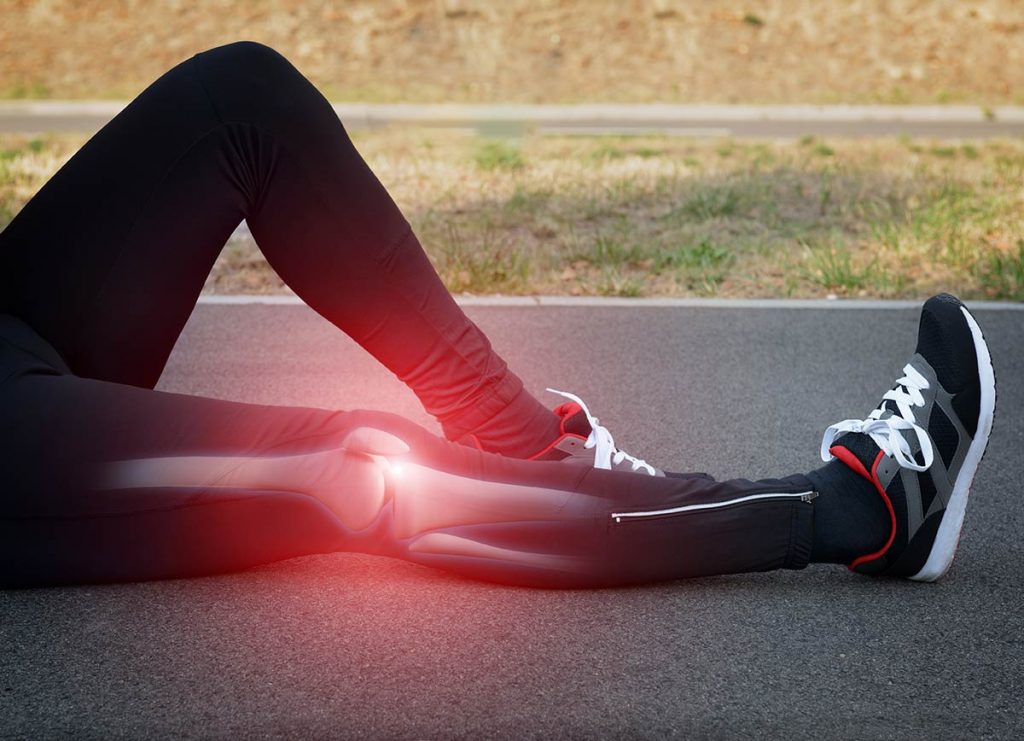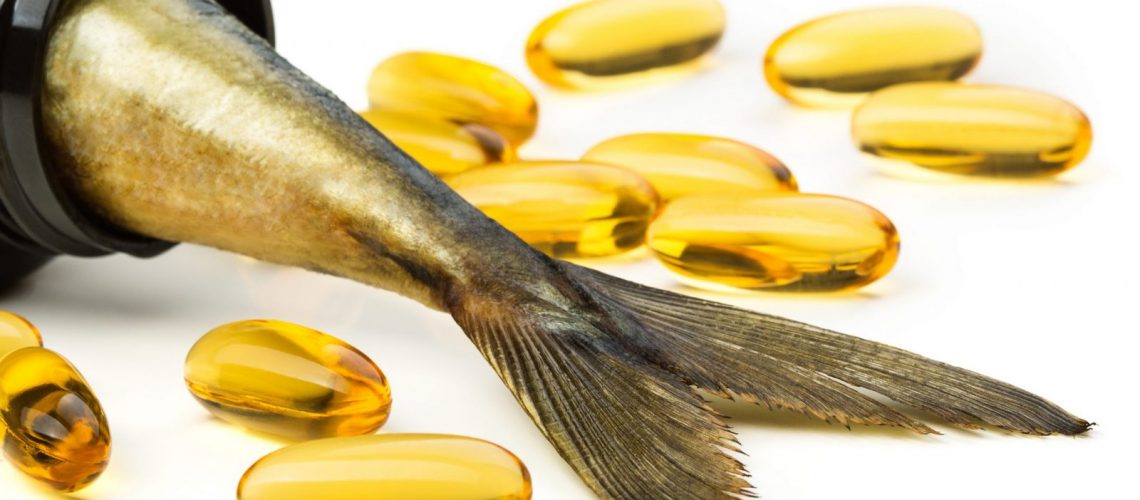Omega-3’s are a key nutrient that is essential for health and sports performance. When regularly consumed, omega-3s have shown to reduce muscle damage and soreness, increase strength gains, and support overall health and resiliency.
HOWEVER, in NCAA D1 football players, only 36% of them met their omega-3 needs. In another study, only 4.3% of D1 athletes had optimal levels of omega-3s in their body. THIS IS A HUGE OPPORTUNITY MISSED when it comes to staying available and making the most of your training.
Here is what you need to know to level up.
What are Omega-3s?
Omega-3 polyunsaturated fatty acids are essential fatty acids, meaning our body cannot make them on its own and must get them from our diet.
The main omega-3’s include:
- Docosahexaenoic Acid (DHA)
- Eicosapentaenoic Acid (EPA)
- Alpha-Linolenic Acid (ALA)
EPA & DHA play crucial roles in:
- Combating inflammation
- Cognitive development and function
- Vision and eye health
- Cardiovascular health
- Immune function
DHA & EPA may target muscle activity by improving recovery and decreasing soreness. Coupled with the anti-inflammatory activity, DHA may protect the brain by reducing the severity of a concussion when taken regularly. Additionally, high doses of EPA has been associated with improvements in symptoms of depression.

Sources of EPA & DHA
Best food sources EPA and DHA include:
- Salmon
- Tuna
- Mackerel
- Cod liver oil
- Herring
- Sardines
- Fortified foods such as milk
Sources of ALA include:
- Walnuts
- Chia seeds
- Flaxseeds
- Flaxseed oil
- Expeller-pressed canola oil
How Much Omega-3's Should Athletes Take?
- International Olympic Committee recommends 2 g of Omega-3s daily
- Academy of Nutrition and Dietetics recommends 500 mg of EPA + DHA daily
- American Heart Association recommends that the general public consume at least 6-8 oz of omega-3 rich foods weekly
When shopping for an omega-3 supplement look for:
- The total amount (mg)
- Amount of EPA & DHA: minimum of 500 mg and up to 1,000-2,000 mg for anti-inflammatory benefits
- Form of omega-3s: fish oil and for vegan athletes krill oil or algae
- Third-Party Certification: NSF, Informed Sport or Informed Choice
- Recommended Brands: Nordic Naturals Ultimate Omega-D3 Sport and Thorne Super EPA
References
- Oliver JM, Anzalone AJ, Turner SM. Protection Before Impact: the Potential Neuroprotective Role of Nutritional Supplementation in Sports-Related Head Trauma. Sports Med. 2018;48(Suppl 1):39-52. doi:10.1007/s40279-017-0847-3
- Pu H, Guo Y, Zhang W, et al. Omega-3 polyunsaturated fatty acid supplementation improves neurologic recovery and attenuates white matter injury after experimental traumatic brain injury. J Cereb Blood Flow Metab. 2013;33(9):1474-1484. doi:10.1038/jcbfm.2013.108
- Ritz PP, Rogers MB, Zabinsky JS, et al. Dietary and biological assessment of the omega-3 status of collegiate athletes: a cross-sectional analysis. PLOS One. 2020;15(4):1-16.
